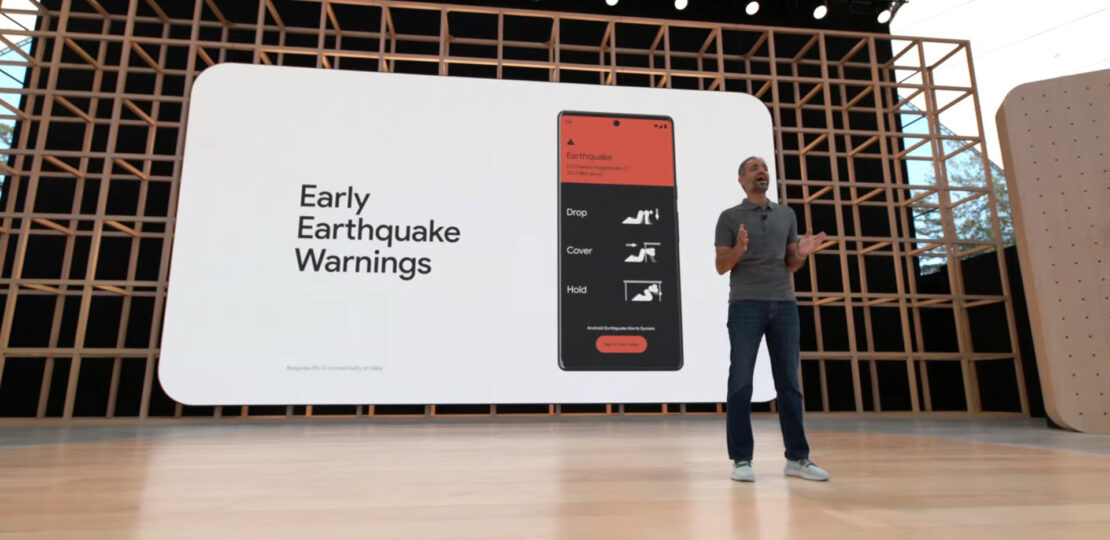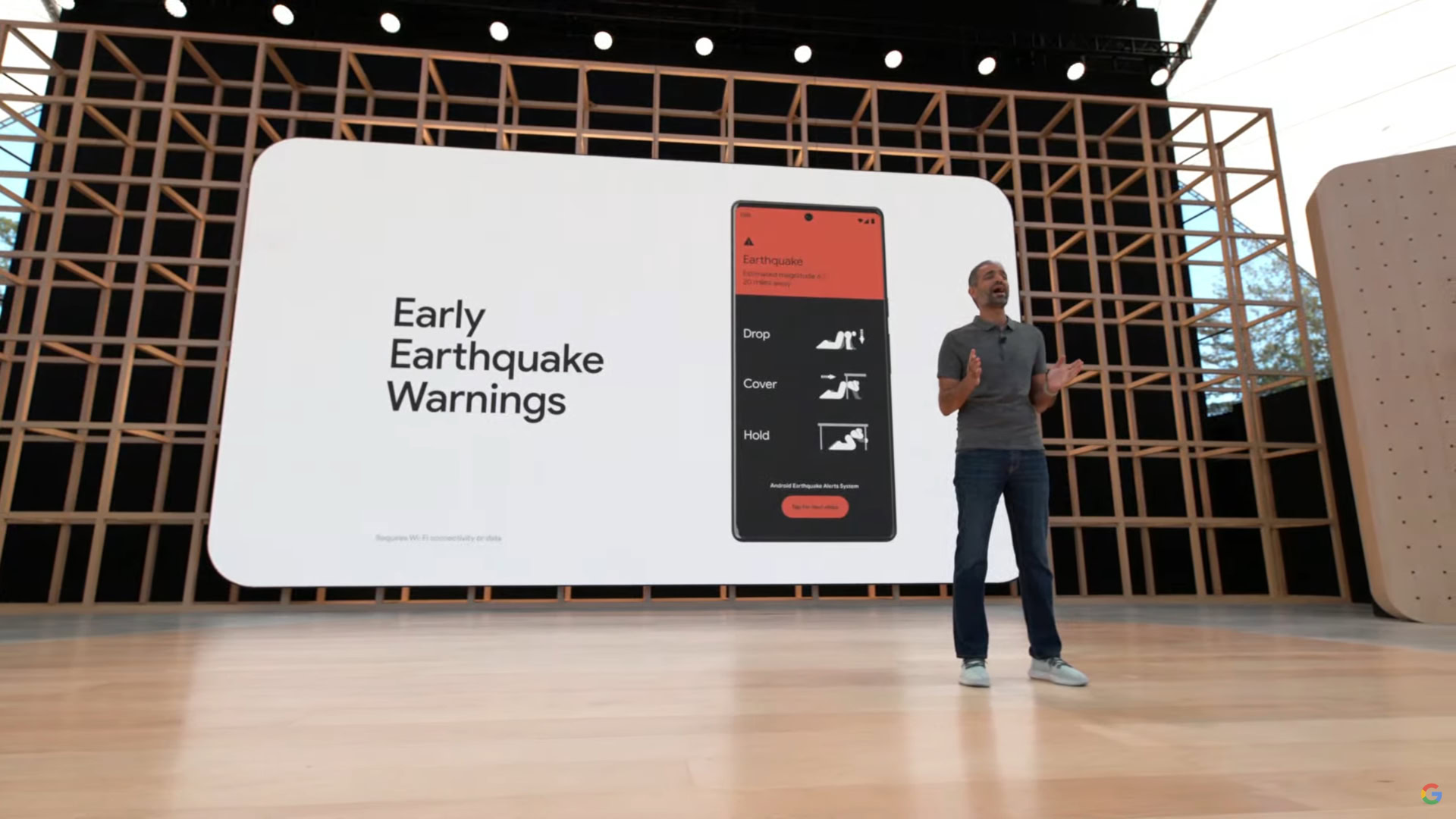Google admits Android’s earthquake alerts failed ahead of deadly quake
July 28, 2025 | by Admin


TL;DR
- Google has acknowledged that its Android Earthquake Alerts system did not work accurately during the devastating 2023 Turkey earthquakes.
- The system issued 500,000 lower-level “Be Aware” notifications when it should have issued 10 million “Take Action” alerts.
- Google told the BBC that every earthquake early warning system grapples with algorithm tuning challenges.
Google has admitted to the BBC that its Android Earthquake Alerts (AEA) system failed to deliver timely and accurate warnings during the devastating 7.8 magnitude earthquake that hit Turkey in 2023.
According to the BBC’s report, approximately 10 million people within 158 kilometers (98 miles) of the earthquake’s epicenter could have received Google’s highest-tier “Take Action” alert, but the system only sent out 469 such warnings. Had the alerts functioned correctly, those at risk might have had up to 35 seconds of advance notice to seek safety.
Instead, Google said the system issued about 500,000 lower-level “Be Aware” notifications, which are meant for less intense shaking and do not override a phone’s Do Not Disturb settings. In contrast, the stronger “Take Action” alert is designed to wake users and prompt them about the severity of the situation, which can be critical during nighttime or early morning events like this one.
Notably, Google had previously told the BBC that the system “performed well” after a 2023 investigation into the matter. In a statement to Android Authority at the time, the company had noted the following:
Our system detected both major earthquakes and many aftershocks in Turkey. During a devastating earthquake event, numerous factors can affect whether users receive, notice, or act on a supplemental alert – including the specific characteristics of the earthquake and the availability of internet connectivity. Users may also not see or pay attention to an alert in the middle of the night or while prioritizing personal and family safety during significant natural disasters.
However, in recent findings published in Science magazine, Google admits “limitations to the detection algorithms” caused the system to function poorly.
Android Earthquake Alerts were launched in 2020 and use data from smartphone accelerometers to crowdsource seismic activity detection. Available in nearly 100 countries, the system has reportedly detected over 18,000 earthquakes and sent millions of alerts. The goal is to give people a few crucial seconds to move away from dangerous situations before tremors strike.
The 2023 Turkey earthquake was one of the deadliest in recent history, claiming over 55,000 lives and injuring more than 100,000. Though Google’s alert system was technically operational, it underestimated the severity of the event.
What went wrong?

According to the report, Google’s earthquake warning system misjudged the intensity of the 7.8 magnitude quake as between 4.5 and 4.9. The system also underestimated a second major earthquake that struck later the same day. However, the second shock resulted in a slightly better alert response, with the system sending out around 8,158 “Take Action” notifications as well as nearly four million “Be Aware” alerts.
Following the disaster, Google’s engineers revisited their detection model. When they ran a simulation using updated algorithms, the system successfully generated 10 million “Take Action” notifications for those near the epicenter and 67 million “Be Aware” warnings for those further away.
“Every earthquake early warning system grapples with the same challenge — tuning algorithms for large magnitude events,” a Google spokesperson told the BBC.
So the lesson here is that while tools like Google’s Android Earthquake Alerts (AEA) system can provide life-saving warnings and are a valuable part of modern Android smartphones, they might not always function as expected.
Thank you for being part of our community. Read our Comment Policy before posting
RELATED POSTS
View all


